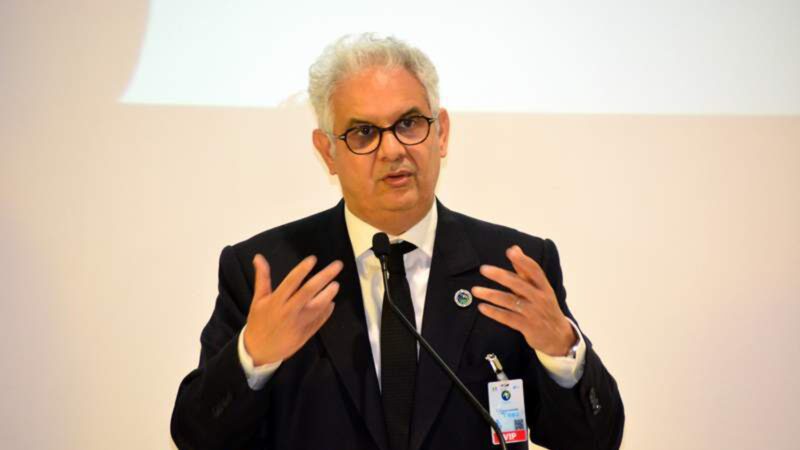Water is the keystone of the Water-Energy-Food Security-Ecosystems nexus, and of sustainable development in general, emphasized Nizar Baraka, the Minister of Equipment and Water, on Wednesday in Tangier.
“Vital and cross-cutting resource that impacts all social and economic sectors and conditions our food, energy, and environmental security, water is today facing increasing pressures due to climate change, population growth, and economic dynamics,” Mr. Baraka stated at the opening of the 2nd edition of the Water-Energy-Food Security-Ecosystems Nexus Forum (WEFE).
“Without integrated governance and national mobilization in the face of water-related challenges, emphasizing the need to work in synergy among various institutions, regions, local authorities, private actors, and civil society, hydraulic systems and those related to them will be weakened,” he noted.
In this regard, the minister recalled the Royal Speech on the occasion of the opening of the parliamentary session in October 2022, which affirms that the issue of water does not concern a single sector, but involves several institutions and actors, and requires greater coordination and more effective synergy between sectoral policies and decentralized management at the territorial level.
In this perspective and in accordance with the High Royal Guidelines to address the water stress that the country has been experiencing for over 6 years, the Ministry of Equipment and Water, along with its partners, has adopted a water policy that is now anticipatory, integrated, and inclusive, combined with decentralized planning at the level of hydraulic basins, allowing for decisions adapted to local specificities and ground realities, Mr. Baraka reported.
This policy, he continued, is based on the development of conventional water resources, particularly through the acceleration of the construction of small, medium, and large dams, rainwater harvesting, major water transfers between basins, and seawater desalination in a Water-Energy-Food Security nexus approach, as well as on water demand management and raising public awareness about water scarcity and water conservation.
The minister also emphasized the importance of multi-level cooperation as an essential foundation of the nexus approach, believing that the involvement of local authorities, the private sector, civil society, and research institutions is essential to design and implement solutions tailored to local specificities.
The role of regions is also crucial in this dynamic, as they are the key link to translate national strategies into concrete actions adapted to territorial specificities, he added, calling for the strengthening of consultation mechanisms, the pooling of technical and financial resources, and territorial innovation in this area.
Under the High Patronage of His Majesty King Mohammed VI, the 2nd edition of the WEFE Nexus Forum is being held on February 5 and 6 in Tangier under the theme “Multi-level Cooperation for Resilient Development: Putting the Water-Energy-Food Security-Ecosystems Nexus into Action.”
The Forum brings together political leaders, field experts, as well as national and international institutions to address major issues such as resource scarcity and energy transition.
The opening ceremony of this event took place in the presence of the Minister of Energy Transition and Sustainable Development, Leila Benali, the Wali of the Tangier-Tétouan-Al Hoceima region, Younes Tazi, the president of the regional council, Omar Moro, the Resident Representative of the United Nations Development Programme (UNDP) in Morocco, Ilaria Carnevali, as well as many officials and representatives of national and international institutions.


